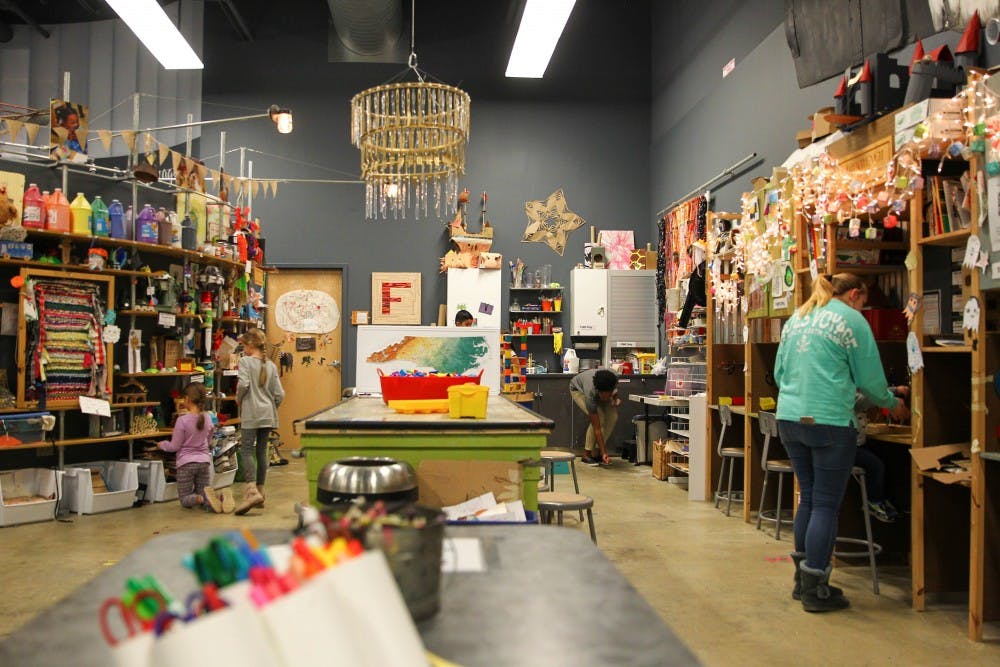On March 6, the Chapel Hill Town Council unanimously authorized the town manager and town attorney to negotiate a development agreement with Kidzu Children’s Museum to move to a new location.
The development agreement will establish terms for the new Kidzu, which will be built on a 2.3-acre plot of Town-owned land on 15-501 South, between the park and ride facility and Southern Community Park.
Lisa Van Deman, Kidzu’s executive director, said she thinks the site is the perfect spot for the museum because of its visibility and convenient access to surrounding towns.
“We’ve been working over the past 18 months to make our case, and to provide information and documents and renderings and an initial design concept to the Town to demonstrate that this is a viable opportunity," she said. "And it makes good community sense, it makes good economic sense and we’re really, really excited to move forward."
She said the development agreement negotiation process will cover details like size, scope, design and parking, and that she understands this process typically takes 9 to 12 months.
She said the new building, which is expected to be 30,000 to 40,000 square feet, will offer more exhibit space for gross motor and technology-driven activities, allowing Kidzu to serve more people with more options. She said Kidzu currently sees between 80,000 and 90,000 visitors each year.
“Any time an organization enters into a public-private partnership with their local government, there are things to work out in terms of how can an organization like this benefit the entire community, so we’ve had to demonstrate that," she said. "Questions about accessibility and inclusion come up and I think Kidzu has done much more than many, many similar organizations to make sure that we are indeed serving all stratas of our community."
Kidzu runs multiple programs to increase accessibility, including Open Access Sundays, scholarships for summer camps and reduced admission for schools that qualify for Title I, a program that provides financial assistance to schools with a high percentage of low-income students.
Van Deman said that, because the Town doesn’t have a long history of these types of public-private partnerships, it took longer to answer everybody’s questions. Van Deman said the museum has been working to communicate the economic benefits, life benefits and the cultural enrichment and opportunity the partnership provides.




